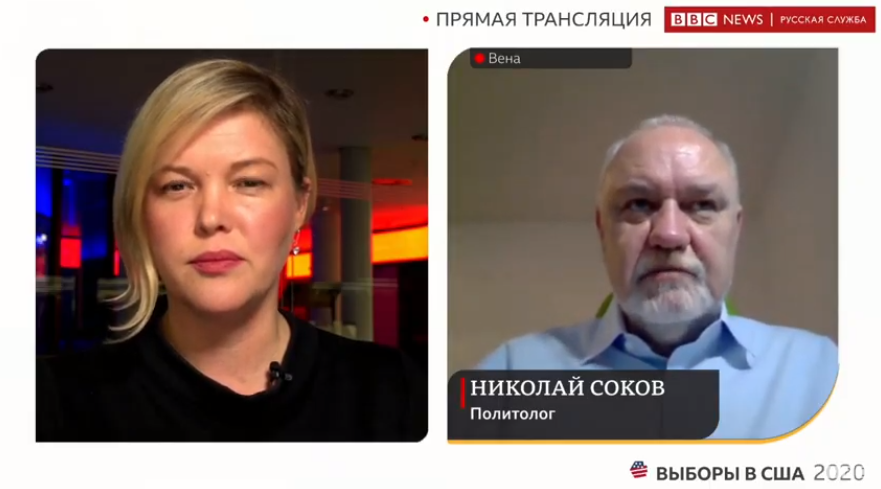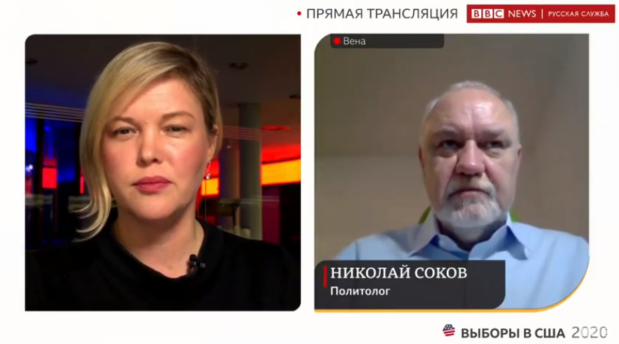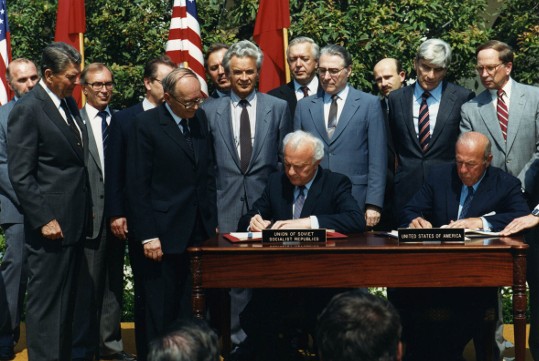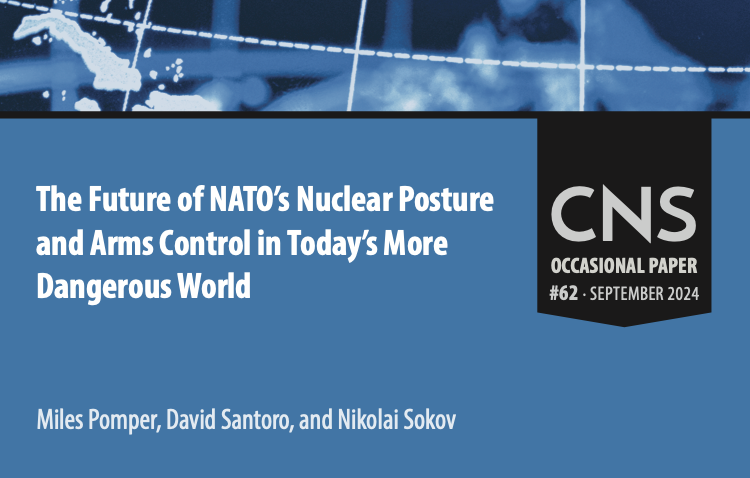
Relations between the United States and the Russian Federation, including in the arms control sphere, are likely to remain tense regardless of which candidate wins the US presidential elections. This was a main takeaway from an interview that VCDNP Senior Fellow Dr. Nikolai Sokov gave to BBC Russian Service.
Dr. Sokov remarked that the recent US-Russian talks on strategic stability were a positive development, as the first serious talks since the conclusion of the 2010 Strategic Arms Reduction Treaty (New START). The New START Treaty, if not extended, will expire on 5 February 2021 - 16 days after a new US president is inaugurated. Dr. Sokov said that, if elected, Joe Biden would likely extend the treaty, whereas he expressed doubt that Donald Trump would do the same. The bigger problem in US-Russian arms control, however, predates the political situation in 2020. Dr. Sokov remarked that the United States tends to concentrate on nuclear weapons themselves whereas Russia sees them as just one part of the military balance and insists on addressing other issues, such as missile defense, long-range conventional weapons and space weapons. This fundamental difference was solidified during New START ratification and does not bode well for future negotiations.

However, Dr. Sokov also observed that US-Russian relations are likely to remain tense regardless of which candidate wins the White House, though specific policies will differ depending on who wins the election.
Should President Trump win a second term, Dr. Sokov predicts that he will continue to conduct foreign policy in a somewhat unpredictable and transactional manner. He stated the view that Donald Trump proceeds from the understanding that the United States does not have resources to continue its foreign policy as it emerged in the 1990s after the end of the Cold War. Hence, he seeks to build up the American economy, cut foreign engagements where possible and concentrate on "key" challenges, such as China and to a lesser extent Russia.
Conversely, if Joe Biden wins the election, he will likely seek to continue foreign policy that has been pursued under democratic leadership since Bill Clinton. In this regard, Dr. Sokov expects that Mr. Biden would be more likely to advocate US involvement in a variety of conflicts outside the US, potentially leading to renewed confrontation between the US and Russia in Syria.
See the full interview below (in Russian).

